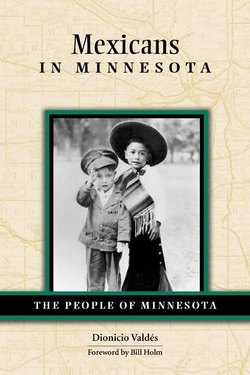Описание книги
From the colorful supermercados of St. Paul's West Side to the rural communities of the Red River Valley, Mexican Americans have left an indelible mark on Minnesota's landscape. As one of the state's fastest-growing ethnic groups, Mexican Americans have been part of Minnesota's history since the early years of the last century.<br /><br />The history of Mexicans in the Midwest has been, more than any other group of immigrants, a history of working-class people. Railroads, heavy industry, meat packing, and sugar beet production all offered jobs for Mexicans who first came to the region not in search of a better life and permanent homes, but to work. Welcomed as migrant workers even as they were shunned for being different from the state's dominant Northern European ethnic groups, Mexican Americans have grown deep roots in the state's urban neighborhoods and rural towns. They have sustained a wide range of community, religious, and cultural institutions and introduced traditional foods and conjunto music to their new communities.<br /><br />Author Dionicio Valdés discusses the struggles that these immigrants—particularly migrant workers—have faced in making Minnesota their home. He highlights an unprecedented feature of the late twentieth century, the growth of barrios and colonias in communities outside the metropolitan area.
